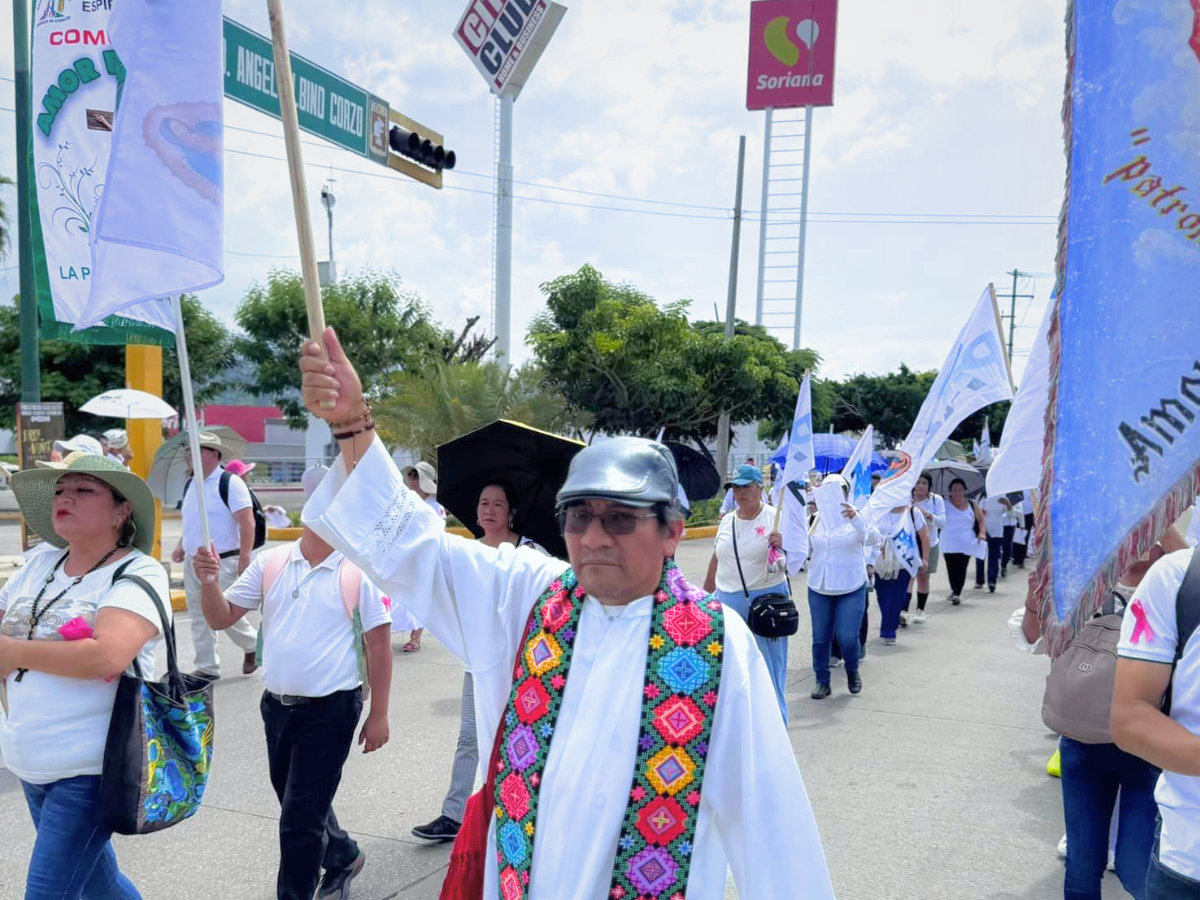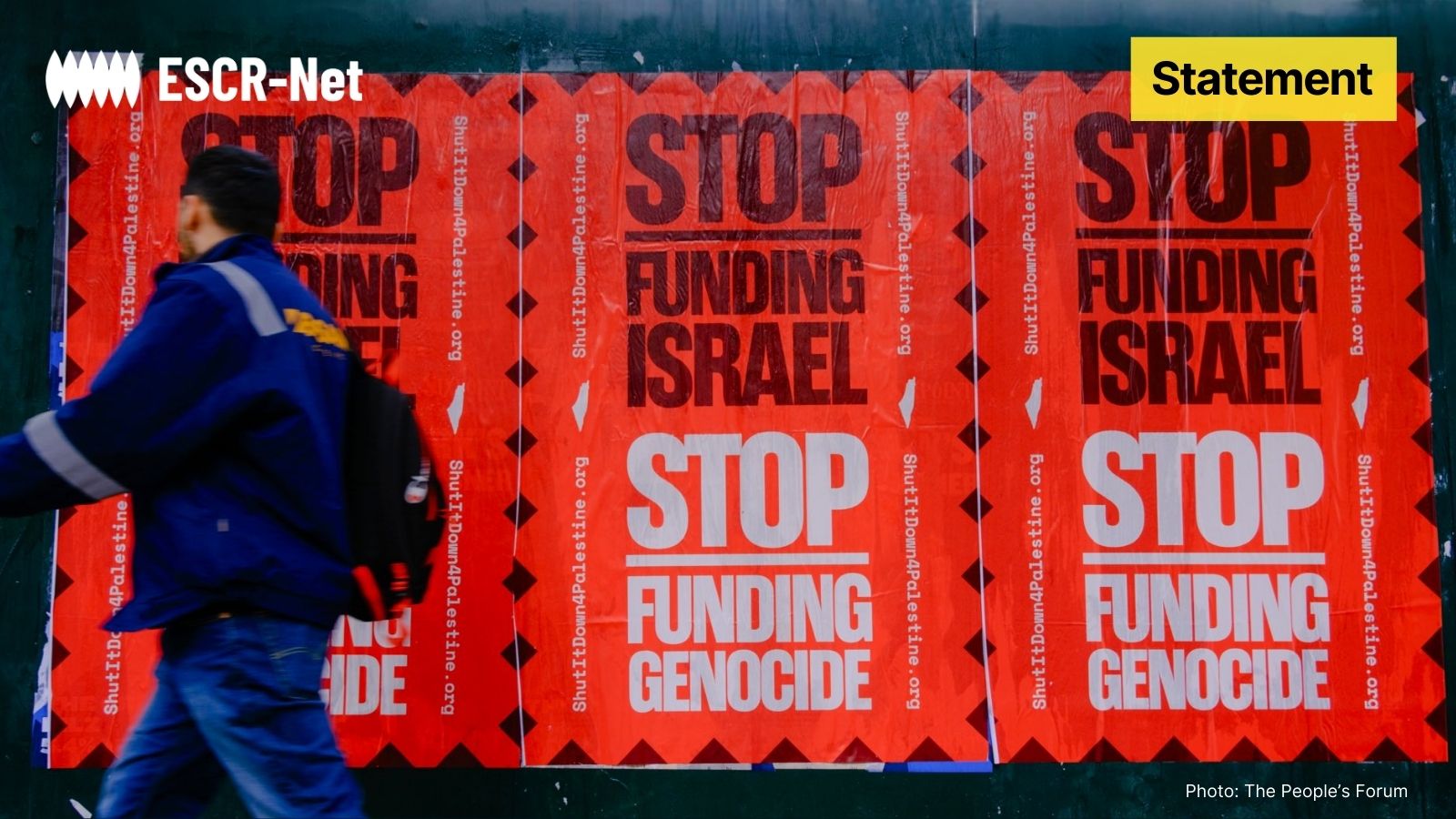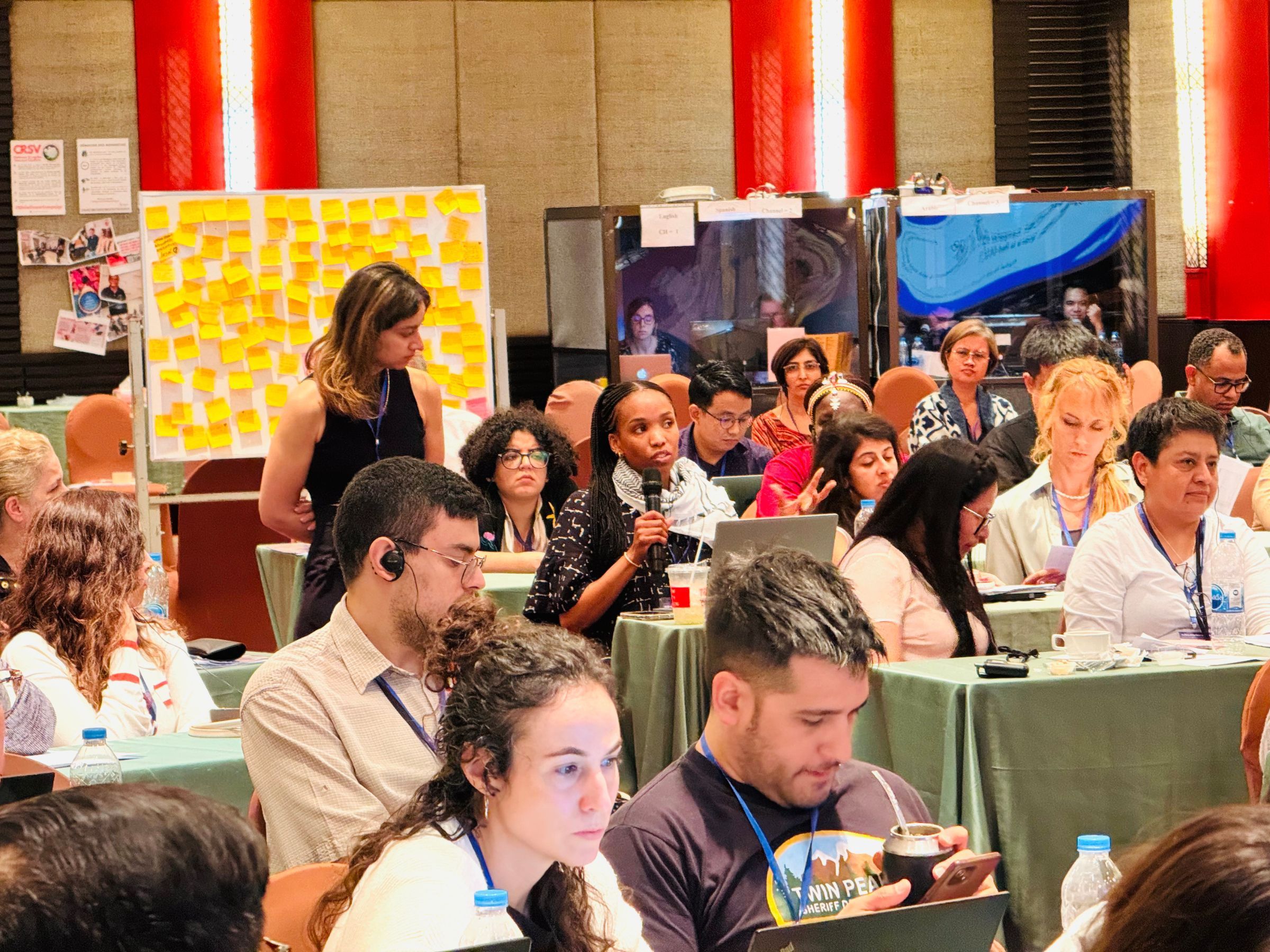ESCR-Net and its more than 300 members, including social movements, indigenous peoples, independent unions, organizations, and human rights defenders from 76 countries, join statements issued by members Front Line Defenders, the World Organization Against Torture, Amnesty International, PODER, Otros Mundos, COPINH, Indigenous Peoples Rights International, and Tlachinollan to express our outrage and condemnation of the murder of Father Marcelo Pérez on Sunday, October 20. Pérez was an indigenous Tzotzil priest from the Diocese of San Cristóbal de las Casas, Chiapas, Mexico.
Father Marcelo Pérez was a prominent defender of Mother Earth and human rights, committed to social justice and reconciliation for peacebuilding. Due to his work defending rights, he was at imminent risk. In this context, since 2015, the Inter-American Commission on Human Rights had granted him precautionary measures for his protection.
The murder of Father Marcelo Pérez is yet another example of the alarming increase in violence in Chiapas, as denounced by various movements and organizations. For several years, the members of ESCR-Net have reflected on the political economy of violence, or the structural causes leading to contexts of increasing violence and repression in many communities. Ultimately, this points to how different groups and individuals economically benefit from the rise in violence or use violence to protect their economic interests. This scenario poses an even greater risk to the people, movements, and organizations defending Mother Earth and human rights.
We regret that the authorities themselves place human rights defenders at greater vulnerability and risk, criminalizing their actions and associating them with criminal activity. This was the case for Father Marcelo and others were involved, for example, in the conflict in the Pantelhó community.
ESCR-Net joins in demanding that authorities at all three levels of government in Mexico conduct an investigation that leads to truth and justice regarding this terrible murder. Similarly, we demand that the Mexican State address the situation in Chiapas from a human rights perspective and work to rebuild the social fabric in communities, particularly indigenous ones, ravaged by violence serving private interests and often generated by various organized crime groups.


